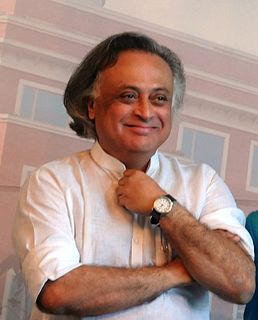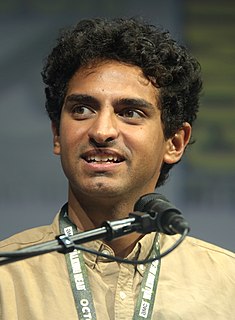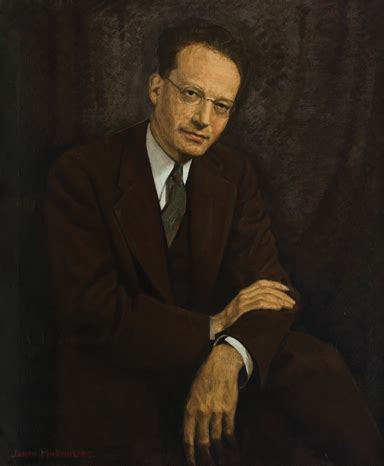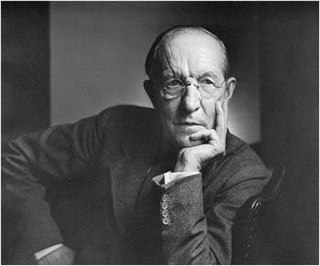A Quote by Shekhar Kapur
I think that I altered history in 'Elizabeth,' and I interpreted history far more than Danny Boyle or Richard Attenborough did to 'Slumdog Millionaire' or 'Gandhi.' They took Indian novels or Indian characters and very much stayed within the Indian diaspora.
Related Quotes
It is a pity that so many Americans today think of the Indian as a romantic or comic figure in American history without contemporary significance. In fact, the Indian plays much the same role in our society that the Jews played in Germany. Like the miner’s canary, the Indian marks the shift from fresh air to poison gas in our political atmosphere; and our treatment of Indians, even more than our treatment of other minorities, reflects the rise and fall in our democratic faith.
If Slumdog Millionaire projects India as a Third World, dirty-underbelly, developing nation and causes pain and disgust among nationalists and patriots, let it be known that a murky underbelly exists and thrives even in the most developed nations. It's just that the Slumdog Millionaire idea authored by an Indian and conceived and cinematically put together by a Westerner, gets creative Golden Globe recognition. The other would perhaps not.



































